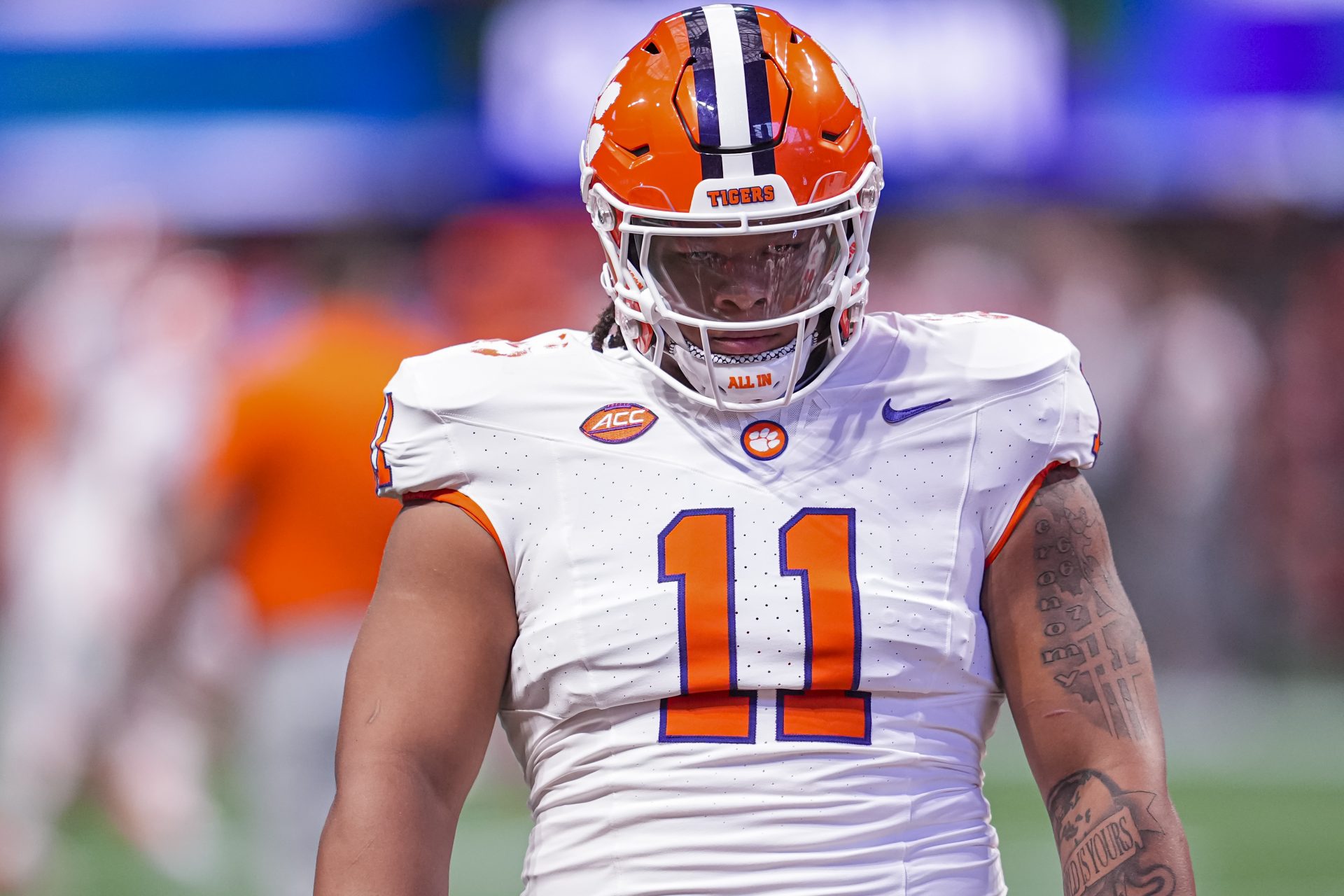Clemson defensive lineman Peter Woods has become a focal point in the ongoing debate over loyalty versus lucrative NIL (Name, Image, and Likeness) opportunities in college football.
As a standout for the Tigers, Woods recently opened up about the pressures and values shaping his decision to remain at Clemson, even as bigger financial offers tempt players nationwide.

Peter Woods Drops Powerful Message on Choosing Loyalty Over NIL Payday
In today’s college football landscape, players are constantly courted by rival programs and collectives offering enticing NIL deals. For Woods, these conversations are a routine part of life as a top athlete.
“You kind of got to offer yourself up for those conversations,” Woods admitted, referencing the reality of being approached with promises of “a bigger number” elsewhere.
View this post on Instagram
Yet, Woods has made it clear that his loyalty to Clemson outweighs the allure of quick cash. “A couple of dollars ain’t gonna change the impact that this university has had on my life, truly,” he said, emphasizing how Clemson’s influence extends far beyond the football field. Woods credits the program for his personal growth and maturity, stating, “I just try to keep it in perspective. That’s really all it is. And that just comes with, like, maturity.”
His public stance, shared in interviews and on social media, reflects a broader message: For Woods, it’s “us against the world.” He’s confident in his decision to stay, making it known that his commitment is about more than money—it’s about the community and legacy he’s building at Clemson.
Navigating the NIL Era: Loyalty, Opportunity, and Team Culture
The arrival of NIL rights has totally changed the game in college sports. It lets athletes make money from their own brands and gives coaches a whole new challenge when it comes to keeping their players.
At Clemson, the 110 Society has been a big help for athletes like Woods, making it easier for the Tigers to hang onto their top talent, even with all the competition from other schools offering big NIL deals.
By combining its strong traditions with these new incentives, Clemson managed to keep its main group together, while many other programs are dealing with constant roster changes.
Woods’ perspective highlights the potential pitfalls of the NIL era. Disparities in earnings can disrupt team cohesion, and the ease of transferring can undermine long-term loyalty. Yet, Woods’ decision to stay demonstrates that, for some players, the bonds formed within a program and the value of personal development outweigh the immediate benefits of a larger paycheck.
KEEP READING: ‘I’m Not Anti-NIL’ — Nick Saban Clarifies Stance After Massive Outburst on Silence Over College Sports Commission
As Clemson gears up for another big season with Woods leading the defensive line, his message reaches people far beyond his teammates. He’s showing that, even with all the money floating around in college sports now, things like loyalty, personal growth, and keeping things in perspective still really matter—and those qualities can shape a player’s legacy just as much as any big endorsement deal.
Woods’ decision is an excellent example of what loyalty still means in college athletics. By sticking with Clemson instead of chasing bigger NIL offers, he’s proving that, for some players, the real value of their college years is about a lot more than just the paycheck.
College Sports Network has you covered with the latest news, analysis, insights, and trending stories in football, men’s basketball, women’s basketball, and baseball!

